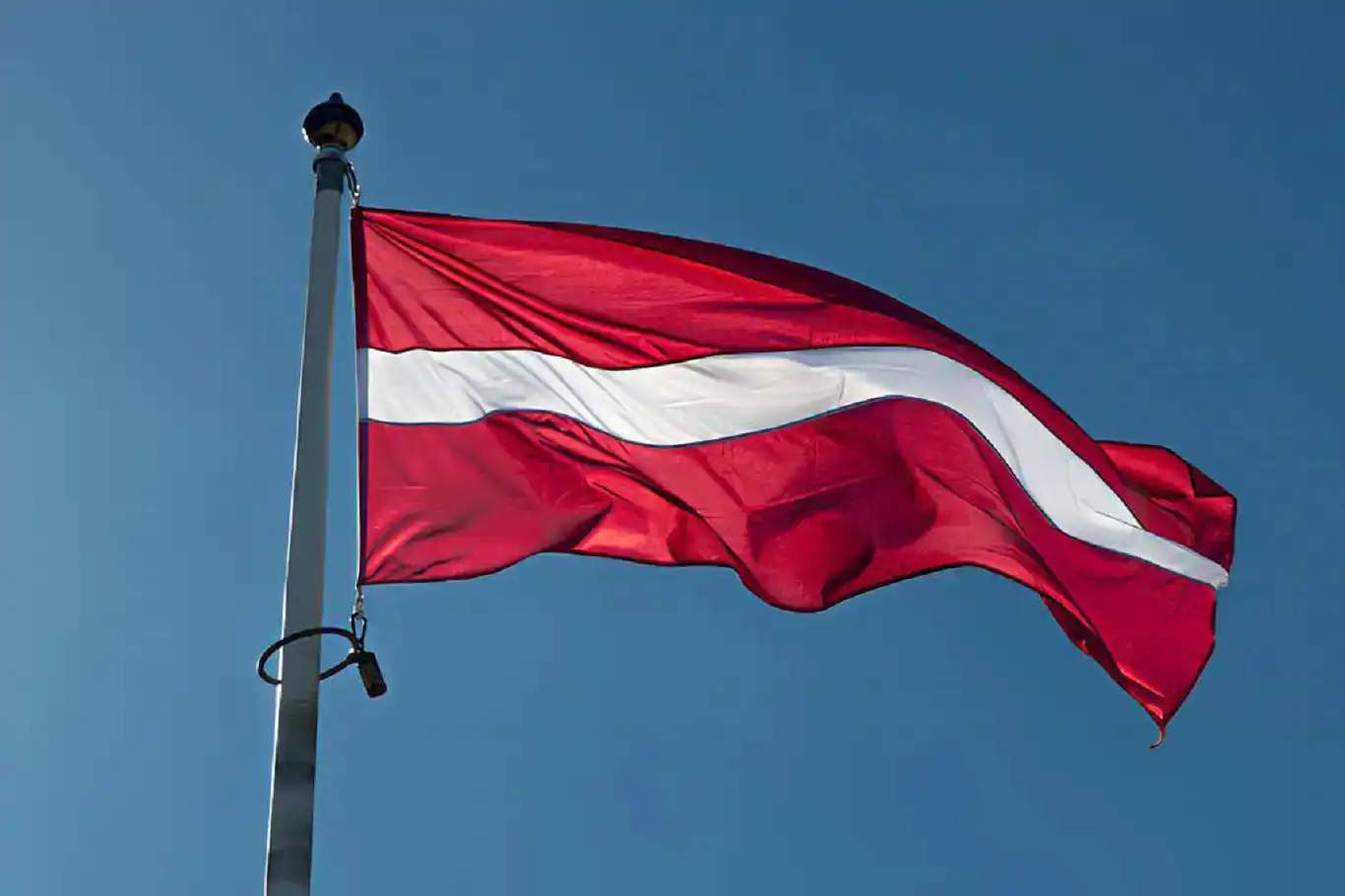Latvia becomes first EU country to withdraw from Istanbul Convention


Latvia has become the first European Union member state to formally withdraw from the Istanbul Convention, reigniting debate across Europe over the treaty’s implications for national culture, family values, and gender policy.
In a parliamentary session held last week, 56 lawmakers voted in favor of withdrawal, while 32 opposed the move. Supporters of the decision argued that the convention — originally adopted in 2011 to combat violence against women and domestic abuse — has evolved into what they describe as a platform promoting radical gender ideology that undermines traditional family and moral structures.
“The Convention’s definition of gender introduces ideological concepts foreign to our social fabric,” said one Latvian MP, echoing widespread conservative concerns that the treaty conflicts with national traditions and religious values.
The Istanbul Convention, adopted under the Council of Europe, has been signed by 45 countries and the European Union. While it was initially praised as a major step in protecting women from violence, the treaty’s framing of “gender” as a socially constructed concept has drawn criticism in several European states, including Hungary, Slovakia, Bulgaria, and Poland. These countries have argued that the convention imposes “gender ideology” through education, law, and social policy.
Critics of Latvia’s withdrawal, including human rights advocates, have warned that the decision could weaken legal protections for victims of domestic violence and send a negative message about the country’s commitment to international human rights norms. Some legal experts also questioned the procedural legitimacy of the vote, claiming it was conducted hastily without proper constitutional review or public consultation.
However, supporters maintain that the move restores national sovereignty and moral integrity, asserting that combating violence against women does not require adopting ideological frameworks inconsistent with local culture.
“The Istanbul Convention has strayed from its original purpose,” said a pro-withdrawal parliamentarian. “Latvia can protect women and families without compromising its faith, traditions, or natural values.”
The decision has sparked fresh debate across Europe, reflecting broader divisions between globalist and traditionalist approaches to social policy. Observers note that the controversy highlights the growing challenge of reconciling universal treaties with national identities — a debate that continues to reshape Europe’s political and moral landscape. (ILKHA)
LEGAL WARNING: All rights of the published news, photos and videos are reserved by İlke Haber Ajansı Basın Yayın San. Trade A.Ş. Under no circumstances can all or part of the news, photos and videos be used without a written contract or subscription.
Israeli occupation forces shot and killed two Palestinian minors on Thursday night in the town of Al-Judeira, northwest of occupied Jerusalem.
At least 54 people were injured after an explosion ripped through a mosque located within a school complex in Indonesia’s capital, Jakarta, during Friday prayers, local authorities confirmed.
U.S. President Donald Trump has announced that an international stabilization force will soon deploy to the Gaza Strip to oversee the fragile ceasefire and assist in rebuilding the war-ravaged enclave.